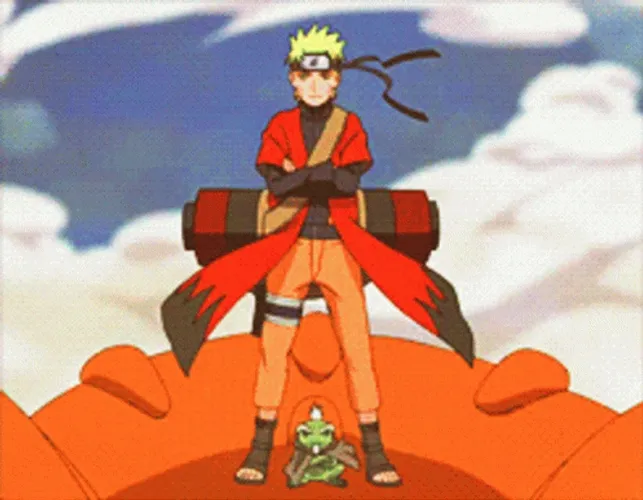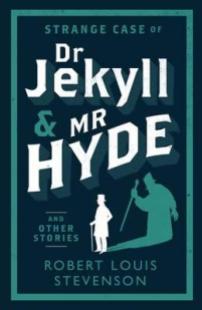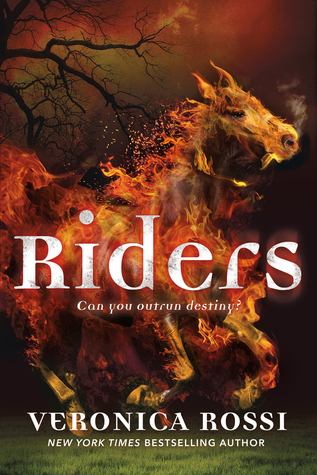Humanity was a plague. Locustlike, we ripped holes in the world’s fabric.
About :
Wow. What to say about this book. Well, it’s all about Arslan, a young Asian general from the European-created state of Turkistan, who takes over the world’s military powers without firing a single shot. His methods and reasons remain a mystery from most of the world, but he gradually reveals his vision to two men in small town Illinois, where the modern conqueror makes his capital.
Arslan was just republished by Open Road Integrated Media last month, and that’s how I heard of it, but it was originally published in 1976 to much critical acclaim. Being a fan of Dystopias and occasionally tempted by SF classics of the 70s-80s, I couldn’t resist a classic of the subgenre coming in at only 288 pages. I’m glad I got the chance to read it.
Thoughts :
Two very different, unreliable and extremely well-realized characters narrate the story, telling us details of humanity’s deterioration and of Arslan, the man causing said deterioration. Franklin Bond is a Christian conservative and school principle in the small, rural town where Arslan appears, and he cares very much for all under his responsibility. Therefore, he risks the wrath of the town by enforcing the hated general’s every rule, having quickly determined that a resistance would only survive its initial stages if he kept it a secret from Arslan; he’s all action and no talk. He gets most of the page time, since he helps run everything from food distribution, to the resistance, to the town government itself.
The other narrator, Hunt, is one of Franklin Bond’s sixth graders and only twelve years old when Arslan takes him as a sex slave. Over the course of the book, Hunt grows in and out of physical captivity and learns to play both sides of the conflict over Arslan, whichever offers him the best chance of survival. Though clearly a victim, Hunt’s pretentiousness and love of literature—his ability, as he grows, to express his anguish through poetry, and his pride, which prevents him from addressing it in any other way—make him a strong, complex narrator of indeterminate sexuality whose reactions defy prediction. His quotes from Milton express his situation particularly well:
The mind is its own place, and in itself can make a Heaven of Hell, a Hell of Heaven.”
Hunt’s perspective is just…I had to take breaks from reading it. Anguished is probably the best word for it. Cynical, yes, but also constantly flirting with death of all kinds. It’s awful and beautiful. Hunt’s perspective gets all the psychological depth of Franklin’s perspective plus the benefit of literary allusion and a poetic lens. I don’t normally swear, but literally the only word that can properly express Hunt’s perspective is “mind-effery” lol But it is through Hunt’s perspective that we get the clearest and most in-depth ruminations about Arslan—since Hunt is unable to form a coherent picture of himself, he puts all his energy into defining Arslan to himself and to readers in observations such as the one below:
Confronted unignorably with a phrase he was unsure of, [Arslan] would turn it back, with a straight face, in question, threat, or provocation, to elicit more data. I thought, too, that one reason for his inscrutable looks, his reluctance to show surprise or annoyance or enthusiasm, was a simple fear of betraying misunderstanding by an inappropriate reaction.”
I can’t share anything about Arslan without spoiling the plot, since it relies very much on revelations about his purpose and actions. Although the details of his conquest ultimately feel inadequate and somewhat disappointing, even those aren’t really the focus of this novel—Arslan himself is. And his plan for the world is what makes the novel so interesting. [Highlight to view SPOILERS: Arslan’s concerns seem largely environmental. “To save the world from mankind.” “But man, man is too strong. He fouls and exhausts too rapidly, and nothing checks him for long. There is only one end for such a species: extinction.” ].
But since we can’t get into those details, let’s talk instead about the fascinating and disturbing silence of the women portrayed in Arslan. In the beginning, women are dolls.
I made Luella stay inside, but I stood out on the front steps to watch…I wasn’t about to crawl into a hole.”
I don’t think Franklin Bond meant to make this sound like Luella was crawling into a hole—rather, he was trying to show defiance against the army invading his town. Still, why “make” her stay inside? The general treatment of women is degrading in Arslan, even before the “Dystopian” part happens. Halfway through the book, women become a tool of the enemy (through no fault of their own) or they have simply died of housework.
I constantly wondered about the lack of female presence and agency in Arslan, as I read. Thus it shocked me to find out that M. J. Engh is a woman. BECAUSE ONLY MEN CAN BE SEXIST, RIGHT?! lol. Apparently I’m just sexist like that 😂 Anyway, after further consideration, I found more than meets the eye in the “silence of the women.” It has been argued—successfully, I think—that Engh may have been commenting on the male view of gender roles during the 1970s. It’s hard to say for sure, since this was actually published in the 70s, and not in retrospect, but my personal opinion is that the female silence itself tells of “her” experience. Perhaps their conspicuous silence suggests, “it’s obviously all drudgery and degradation, so much so that nobody was listening to us.” Or perhaps Engh was just trying to appeal to the male reader of the 1970s-80s. That’s also a possibility. At the very least, complete immersion in the unreliable male perspectives undeniably provides food for thought.
Overall :
Full of stunning insights into humanity—or at least into the male half of it, lol. Although the plot falls short in terms of feasibility, the unreliable and fascinating character narratives by far make up for that. I think I would need to read Arslan several more times before I came away with a clear, full picture of Engh’s intent. And Engh’s riveting prose, full to the brim with poetic and historical allusions, gives Arslan a depth that a lesser writer could never have accomplished.
Characters: 5/5
Writing: 5/5
Worldbuilding: 3/5
Plot: 2/5
3.75/5 Stars
Arslan is adult Dystopian fiction authored by M.J. Engh and originally published in 1976. Digitally republished on 18 Apr 18, 2017 by Open Road Integrated Media.
Huge thanks to M. J. Engh, Open Road Integrated Media and Netgalley for this free eARC. The opinions I share are completely my own and in no way compensated for by publishers or authors.




















